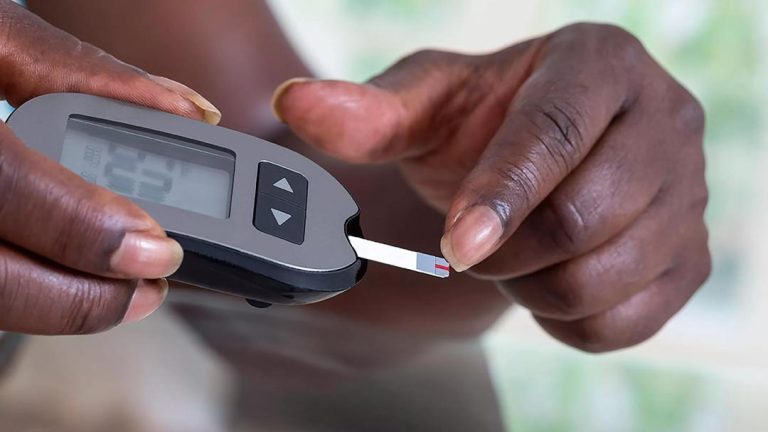
Combination of 2 low-cost drugs could save lives after heart attack: Study
Heart attacks are a leading cause of death and disability worldwide, and finding effective ways to prevent complications and reduce the risk of another heart attack, stroke, or death is crucial. A recent study published in the journal of the European Society of Cardiology has made a groundbreaking discovery that could potentially save lives. Researchers at Imperial College London and Lund University in Sweden found that by giving heart attack patients two low-cost drugs, statins and ezetimibe, together, the risk of another heart attack, stroke, or death can be significantly reduced.
The study, led by Dr. Kausik Ray, a cardiologist at Imperial College London, analyzed data from over 10,000 patients who had suffered a heart attack. The researchers found that patients who received a combination of statins and ezetimibe within 24 hours of the heart attack had a significant reduction in the risk of major adverse cardiovascular events, including heart attack, stroke, or death. In fact, the study found that the combination therapy reduced the risk of these events by 12% compared to patients who received only one of the drugs.
Statins are a type of cholesterol-lowering medication that are widely prescribed to patients with high cholesterol. Ezetimibe, on the other hand, is a medication that reduces the absorption of cholesterol from food in the gut. While both drugs have been shown to be effective in reducing the risk of heart disease, the combination of the two may have a synergistic effect that enhances their benefits.
The study’s findings are significant because heart attack patients are at high risk of experiencing another heart attack, stroke, or death in the first few weeks and months after the initial event. In fact, according to the American Heart Association, approximately 20% of patients who survive a heart attack will experience another major cardiac event within the first year.
Dr. Ray and his team believe that the combination of statins and ezetimibe could be a game-changer in the treatment of heart attack patients. “There are positive effects from applying both medicines as soon after infarction [heart attack] as possible. Not doing this entails an increased risk,” Dr. Ray said in a statement.
The study’s results are also significant because the two drugs are relatively inexpensive and widely available. Statins have been on the market for decades and are often prescribed as a first-line treatment for high cholesterol. Ezetimibe is also a well-established medication that has been shown to be safe and effective in reducing cholesterol levels.
So, what does this mean for heart attack patients and their doctors? The study’s findings suggest that giving heart attack patients a combination of statins and ezetimibe as soon as possible after the initial event could reduce their risk of experiencing another major cardiac event. This could have a significant impact on patient outcomes and quality of life.
In an interview with The Guardian, Dr. Ray emphasized the importance of early treatment. “The key message is that we need to start treatment as soon as possible after a heart attack. We can’t afford to wait, because the risk of another heart attack or stroke is highest in the first few weeks and months.”
While the study’s findings are promising, more research is needed to confirm the results and to determine the optimal dosage and duration of treatment. However, the study’s authors believe that the combination of statins and ezetimibe could become a standard of care for heart attack patients in the near future.
In conclusion, the combination of two low-cost drugs, statins and ezetimibe, could potentially save lives after a heart attack. By giving heart attack patients this combination therapy as soon as possible after the initial event, doctors may be able to reduce the risk of another heart attack, stroke, or death. As Dr. Ray and his team continue to study the effects of this combination therapy, patients and their doctors can look forward to a potential breakthrough in the treatment of heart attack patients.
Source: https://x.com/ProfKausikRay/status/1911783771193454601






